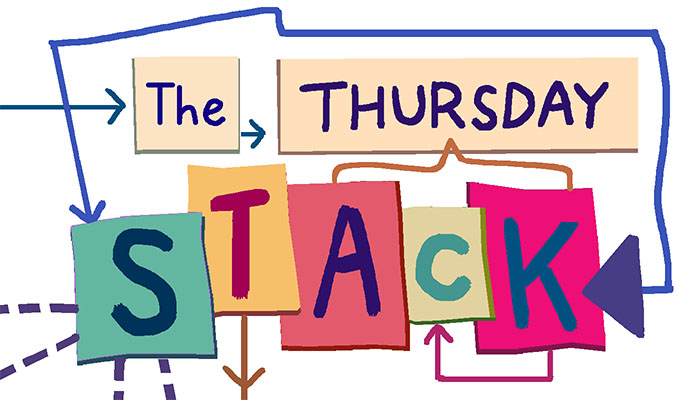Dropping into this week’s inbox, a new study conducted by Forrester on behalf of sales enablement platform Seismic, drawing out the connections between personalized CX and the sales process. A survey of almost 400 directr-and-above sales and marketing professionals at medium-to-large brands concluded that only one in five organizations are adept at creating personalized content at scale, despite the general recognition that it’s a major factor in sales success. In particular, sales enablement is empowered by relevant, tailored assets.
As Seismic CEO Doug Winter said in a release, “Asset personalization has proven to be a critical way for businesses to add value to each buyer interaction, strengthen relationships, and grow revenue as a result.” What this doesn’t mean, in an ideal world, is having sales reps customize assets for their own clients on the fly, which risks accuracy and consistency, and can be duplicative and inefficient too.
Respondents to the survey knows this. 70 percent admitted that marketing spends too much time as the asset police, reining in unauthorized customization by sales reps, who in turn can spend almost four hours per week tweaking assets (and 60 percent agreed that’s way too much time). Where a brand has adopted sales enablement automation:
- 94 percent of sales and marketing leadership have a regular cadence to discuss sales enablement
- 93 percent of organizations’ marketers understand why sellers use assets provided to them
- 84 percent of sellers and marketers collaborate regularly on content that sellers need
- 83 percent of organizations’ sellers understand why marketers recommend certain assets
Of course, as we often observe, Seismic has skin in the game here.
**********
If you don’t want your consumers to freak out about use of their data, make an effort to educate them on what you’re doing and why. That’s the message from a new survey, independently conducted by the University of Southern California for Factual, the location data vendor.
Unsurprisingly, millennials and Gen Z remain pretty much split on whether data privacy is important. So who does care? Gen X (63 percent) and Baby Boomers (73 percent). But if customers understand what’s going on with the data, they’re more willing to share it —
and that trust is more easily achieved by recognizable name brands where there’s a positive association (Netflix and Hulu more so than Facebook, for example).
More highlights:
- 58 percent say they understand their data is used to personalize the CX
- 63 percent believe companies and brands benefit from data collection and usage (only 43 percent believe consumers benefit)
- 82 percent of respondents are either open or neutral in their opinion about sharing data with companies if the benefits are clear.
The latter stat suggests there’s plenty of room for education out there. In particular, only 34 percent understand how location data is being used.
**********
Finally, here comes Khoros, the community/social management platform formerly known as Lithium/Spredfast, with insights into that seemingly perennial disconnect between how brands think they’re serving their customers, and how the customers feel about it (a survey again conducted by those inquisitive guys at Forrester).
Here’s a slap in the face from the report: brands “fundamentally misunderstand what their customers want and consistently misjudge the actions customers are willing to take when confronted with an unpleasant brand interaction.” Ouch.
But Khoros has some practical tips to help bridge the gap:
- Respond to and resolve complaints (Forrester: 29 percent of consumers say they “regularly” receive unsatisfactory responses)
- Be authentic, be human (79 percent prefer a human voice to a well-crafted brand message)
- Stop making consumers repeat themselves (35 percent report having that tedious experience)
- Build a one-on-one relationship (68 percent are more likely to spend money with brands that treat them as individuals)
- Let customers contact you their way (62 percent expect to be able to engage through the channel of their choice.







